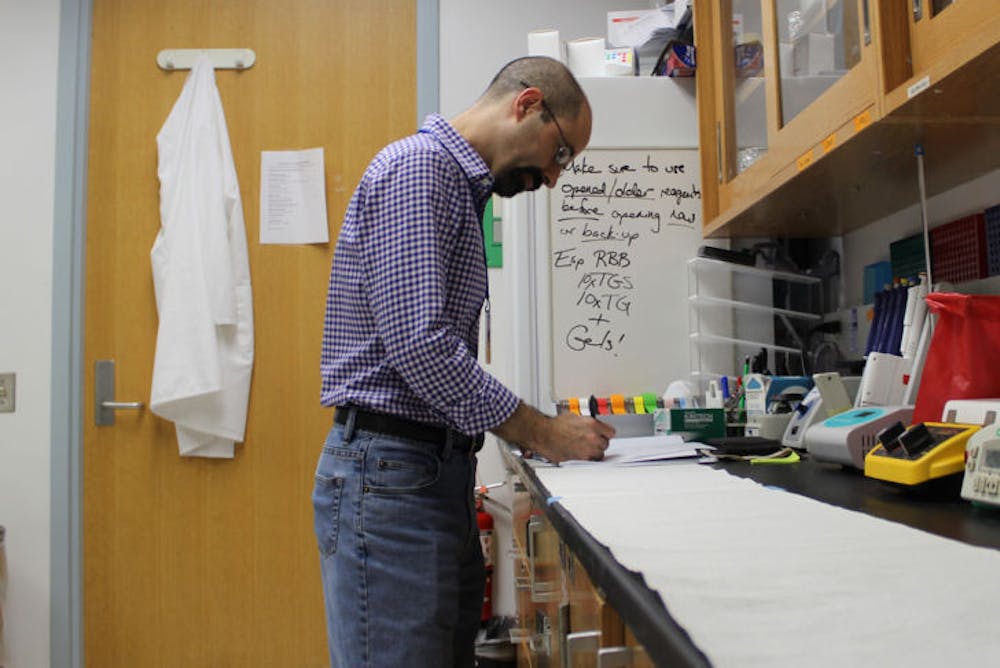As people grow older, they tend to forget simple aspects of life, like what they need to buy at the grocery store or where they parked their cars — an inevitable effect of aging.
A team of UF researchers is testing a drug therapy that might help reverse the decline of working memory in seniors.
Working memory is the ability to hold information in your mind for a short period of time, said Jennifer Bizon, an associate professor in the UF College of Medicine.
The drug is being tested on rats in research laboratories at the UF College of Medicine, but it is not yet ready for human use.
Barry Setlow, a collaborator on the research project and an associate professor in the UF College of Medicine, said he has been doing research concerning cognitive functions in rodent models for about 20 years.
He said he found that older rats, like older people, have a harder time completing working memory tasks like remembering which lever they chose after a short time period.
Setlow said he and the other researchers find it particularly exciting that they can potentially reverse the memory decline in the aging brain.
To target the specific problem, they want to use this drug therapy.
“That is sort of the light at the end of the tunnel,” he said. “But there’s a long way to go. This is really just a first step.”
The results of their research were published in March in an issue of the Journal of Neuroscience.
In the future, however, the drug will most likely not be used in humans with Alzheimer’s disease or other types of dementias, Bizon said.
“A lot of people are concerned about Alzheimer’s disease, and they should be because it is a very devastating disease.” Bizon said. “But a lot of people also are not going to get Alzheimer’s, and they’re still going to have memory problems that really significantly impair their quality of life.”
Grant Simpson, a 23-year-old UF biochemistry and behavioral and cognitive neuroscience senior, is the research co-chair for the UF Neuroscience Club. He said the research focuses on a valuable topic.
“Age and population are exploding, so it’s important that we address these concerns,” Simpson said.
[A version of this story ran on page 3 on 4/22/2014 under the headline "UF researchers test drug to reverse memory loss in adults"]
Barry Setlow, an associate professor at the UF College of Medicine, works in his lab at the McKnight Brain Institute. He and a team of researchers are testing a drug therapy that could help with memory loss.






